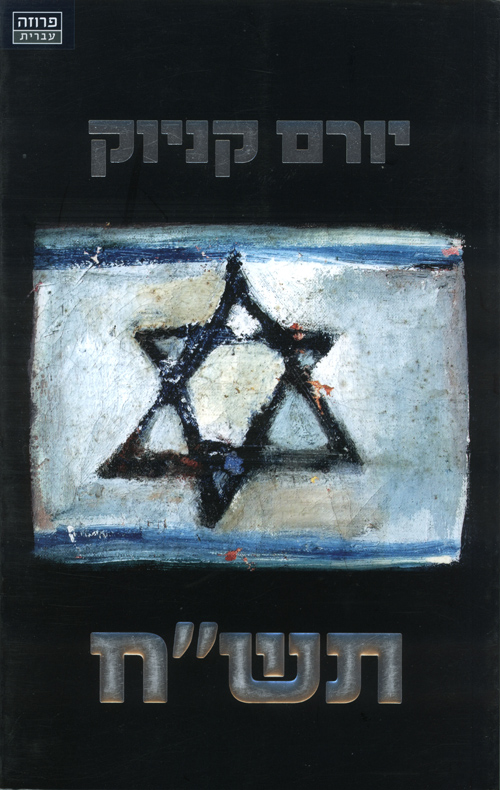
1948
Before Yoram Kaniuk became a writer he was a soldier who, at the age of seventeen, fought in Israel`s War of Independence. Written sixty years later, this book recounts his experiences in his own unique way. “I`m not sure what I actually remember,” he admits, “because memory does play tricks on you and there is no one single truth.” But factual accuracy is not the main thing. The beauty and importance of this novel lies in Kaniuk`s remarkable ability to tell a story and convey his singular perspective of events. He was a young man from a good home, “a Mama`s boy,” but he took part in the fiercest battles over Jerusalem, was wounded and almost lost his leg. He and his friends fought side by side by day and buried the dead by night, knowing that the next night it might be their turn. 1948 is thus a painful, shocking book that avoids self-righteousness and includes plenty of self-criticism. But it is also a humorous book because Kaniuk, from the distance of time and age, is also well aware that wars are senseless. “We really thought it would be glorious to die,” he comments ironically. “We may have been handsome and bold, but not very wise. Wise people do not choose to die when they are only seventeen or eighteen. We were children,” he explains. And we find ourselves captivated by his love for the children that he and his friends used to be.


- Languages
-
Arabic, Azeri, English, French, German, Greek, Italian, Spanish, Ukranian
-
Arabic
Haifa, Kul-Shee, 2011 -
Italian
Florence, Giuntina, 2012 -
French
Paris, Fayard, 2012 -
Spanish
Barcelona, Asteroide, 2012 -
English
New York, NYRB Lit, 2012 -
German
Berlin, Aufbau, 2013; pb, 2018 -
Greek
Athens, Polis, 2014 -
Azeri
Baku, Alatoran, forthcoming -
Ukranian
Kiev, Dukh I Litera,
-
| Title | 1948 |
|---|---|
| Writer's Last Name | Kaniuk |
| Writer's First Name | Yoram |
| Genre | Fiction |
| Publisher (Hebrew) | Yedioth Ahronoth |
| No. Pages | 190pp. |
| Book title - Hebrew (phonetic) | Tashach |
-
“ An overwhelming experience, a stormy ocean of oblivion and memory… A book that should be read because it does justice to the story, and because it is often exceptional, important… Kaniuk is the most unconventional among the greats. An extraordinary book.”
-
“ A magnificent novel in one voice. The voice of an old man who asks essential questions even if these questions are sometimes cruel. ”
-
“ Ultimately, only the personal memory of comrades killed remains intact in this moving book that questions so many certainties.”
-
“ Kaniuk`s voice is bold, clear, loving, pained.”
